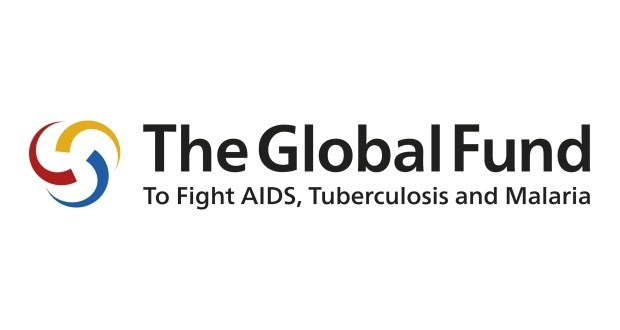
Global Fund Partners Unite to Fight
GENEVA – The Board of the Global Fund to Fight AIDS, Tuberculosis and Malaria today approved a new response mechanism to support countries to respond to COVID-19 and mitigate the impact on programs to fight HIV, TB, malaria and systems for health, effectively doubling the amount of available funding to US$1 billion.
The COVID-19 Response Mechanism authorizes funding of up to US$500 million and comes in addition to US$500 million in grant flexibilities that were announced by the Global Fund on 4 March and are already being implemented by 54 countries.
Peter Sands, Executive Director of the Global Fund, stressed the urgency of the situation and called on partners to unite efforts to respond to an unprecedented public health emergency that threatens to derail progress on HIV, TB and malaria, and to overwhelm community and health systems with potentially catastrophic consequences.
“It is absolutely critical to take swift action, both to protect people now and to maintain lifesaving programs to fight HIV, TB and malaria,” Sands said. “We face a monumental challenge, and we have to work together like never before. It is not only the right thing to do, it is also the smart thing to do. We must unite to fight.”
The Global Fund is responding quickly to the COVID-19 pandemic under WHO leadership and in close collaboration with other partners. The COVID-19 Response Mechanism will provide additional support for country responses to the pandemic and continuity in the fight against HIV, TB and malaria through the rapid deployment of funds. It further enables the Global Fund to mobilize additional resources from private and public donors willing to support the most vulnerable countries as they fight COVID-19.
With an initial allocation of US$500 million, the COVID-19 Response Mechanism will leverage the principle of country ownership and allow countries to request funding for control and containment, to mitigate the impact on HIV, TB and malaria and to support systems for health, including laboratory networks, supply chains, and community-led response.
The Board on Thursday also approved temporary flexibilities to address disruptions in supply chain and to program implementation due to COVID-19.
Several Board members stressed the importance of removing human rights and gender barriers to health care, and of the role of communities, as essential to an effective response. As with HIV, TB and malaria, COVID-19 will disproportionately affect the poorest, the most marginalized and the most vulnerable.
Advancing global health security and strengthening local systems for health is central to the Global Fund’s mission to end the world’s three deadliest epidemics – HIV, TB and malaria – and to fight new and emerging diseases like COVID-19.
The Global Fund raises and invests more than US$4 billion a year to support programs to fight AIDS, TB and malaria in more than 100 countries. The infrastructure and capabilities to defeat diseases like AIDS, TB and malaria – medical supply chains, laboratories, community health workers, disease surveillance – are also needed to fight COVID-19.
The Global Fund is responding rapidly and since 4 March has enabled countries to use up to 5% of approved grant funding. US$70 million has been approved across 54 countries and two regional grants, and more funding requests are being considered.
Under WHO guidance, the Global Fund strongly encourages countries to take prompt action to mitigate the potential negative consequences of COVID-19 on existing programs supported by Global Fund grants.
WHAT IS PANCAP?
PANCAP is a Caribbean regional partnership of governments, regional civil society organisations, regional institutions and organisations, bilateral and multilateral agencies and contributing donor partners established on 14 February 2001. PANCAP provides a structured and unified approach to the Caribbean’s response to the HIV epidemic, and coordinates the response through the Caribbean Regional Strategic Framework on HIV and AIDS to maximise efficient use of resources and increase impact, mobilise resources and build the capacity of partners.
What are the Global AIDS Strategy 2021–2026 targets and commitments?
If targets and commitments in the strategy are achieved:
- The number of people who newly acquire HIV will decrease from 1.7 million in 2019 to less than 370 000 by 2025
- The number of people dying from AIDS-related illnesses will decrease from 690 000 in 2019 to less than 250 000 in 2025.
- The goal of eliminating new HIV infections among children will see the number of new HIV infections drop from 150,000 in 2019 to less than 22,000 in 2025.
What are the 95-95-95 Targets for ending AIDS?
- 95% of People Living with HIV know their HIV status;
- 95% of people who know their status on treatment; and
- 95% of people on treatment with suppressed viral loads.
HELPFUL LINKS:
Global AIDS Strategy 2021–2026, End Inequalities, End AIDS
https://pancap.org/pancap-documents/global-aids-strategy-2021-2026-end-inequalities-end-aids/
Caribbean Regional Strategic Framework on HIV and AIDS (CRSF) 2019-2025
https://pancap.org/pancap-documents/caribbean-regional-strategic-framework-2019-2025/
